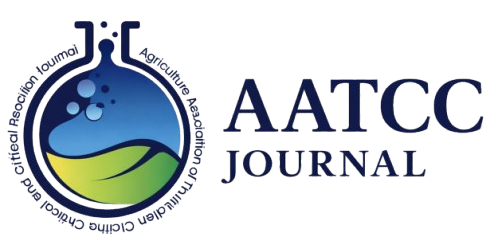Abstract
Guava (Psidium guajava) is native to tropical America and belongs to the Myrtaceae family with
C.N. 2n= 22. Guava is an important fruit crop of the world and is also known as “Apple of
Tropics”. A field study was carried out at the Experimental Orchard, College of Agriculture,
Kaul, Kaithal in the year 2023-2024 on 12 year old guava trees cv. Hisar Safeda to determine the
effect of foliar application of different chemicals on yield and quality of guava. Different
treatments were taken i.e. T 1 : CaNO 3 @ 0.5%, T 2 : CaNO 3 @ 1.0%, T 3 : CaNO 3 @ 1.5%, T 4 :
K 2 SO 4 @ 0.5%, T 5 : K 2 SO 4 @ 1.0%, T 6 : K 2 SO 4 @ 1.5%, T 7 : FeSO 4 @ 0.2%, T 8 : FeSO 4 @ 0.4%,
T 9 : FeSO 4 @ 0.6%, T 10 : GA 3 @ 50 ppm, T 11 : GA 3 @ 75 ppm, T 12 : GA 3 @ 100 ppm and T 13 :
Control (water spray) with three replications under randomized block design. The results of the
study revealed the significant increase in quality and leaf nutrient status of guava fruit. However,
the foliar application of K 2 SO 4 @ 1.5 % is efficient to improve the ascorbic acid (202.4 mg/100 g
pulp), TSS (12.29°B), acidity (0.31 %), TSS/Acid ratio (39.65), total sugar (7.19 %), reducing
sugar (4.02 %), non-reducing sugar (3.17 %) and sulphur content (0.28 %). Similarly, CaNO 3 @
1.5 % increased the pectin content (0.98 %) and calcium content (2.19 %). Whereas, FeSO 4 @
0.6 % is beneficial for increasing the iron content (180.2 ppm) in guava leaves.
